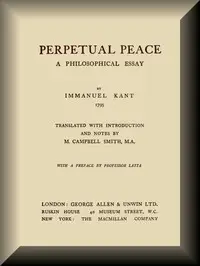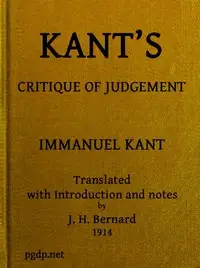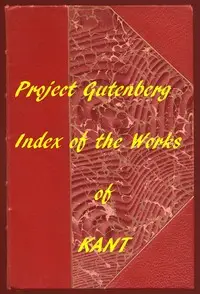"The Metaphysical Elements of Ethics" by Immanuel Kant is a philosophical treatise written in the late 18th century. This work falls under the category of ethical philosophy and delves into the intricate principles of moral duty and virtue. Through a systematic exploration, Kant seeks to establish a comprehensive framework for understanding ethical obligations that arise from pure reason, independent of subjective feelings or external conditions. In the text, Kant argues that genuine moral action stem from the awareness of duty guided by rational principles, rather than mere emotional inclinations. He emphasizes the importance of the "categorical imperative," a central ethical tenet that dictates one must act according to maxims that can be universally applied. This principle elevates ethical considerations above the pursuit of happiness, urging individuals to cultivate their moral capacities while promoting the welfare of others. Kant distinguishes between duties of virtue—such as self-perfection and the well-being of others—and legal duties, framing ethics as a domain of self-constraint and rational will, emphasizing that moral freedom lies in the ability to act according to duty rather than inclination. (This is an automatically generated summary.)

The Metaphysical Elements of Ethics
By Immanuel Kant
"The Metaphysical Elements of Ethics" by Immanuel Kant is a philosophical treatise written in the late 18th century. This work falls under the categor...
Genres
Released
2004-05-01
Formats
mobi (images)
epub
mobi
epub (images)
epub3 (images)
Free Download
Overview
About the Author
Immanuel Kant was a German philosopher and one of the central Enlightenment thinkers. Born in Königsberg, Kant's comprehensive and systematic works in epistemology, metaphysics, ethics, and aesthetics have made him one of the most influential and controversial figures in modern Western philosophy. He has been called the "father of modern ethics", the "father of modern aesthetics", and for bringing together rationalism and empiricism has earned the title of "father of modern philosophy".
Total Reviews
10.0k
Total reviews from Goodreads may change


















